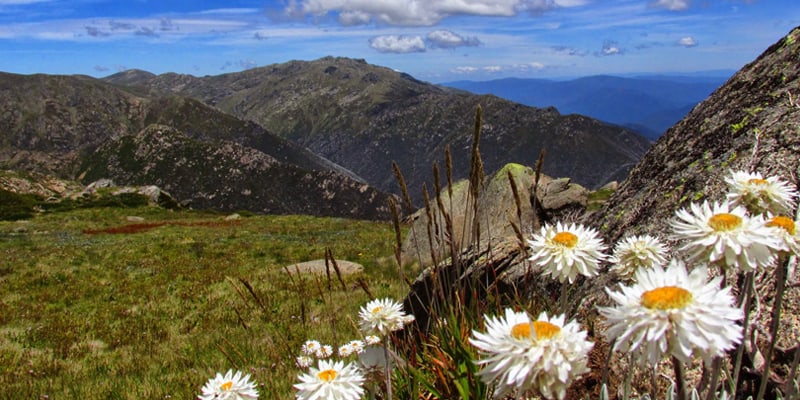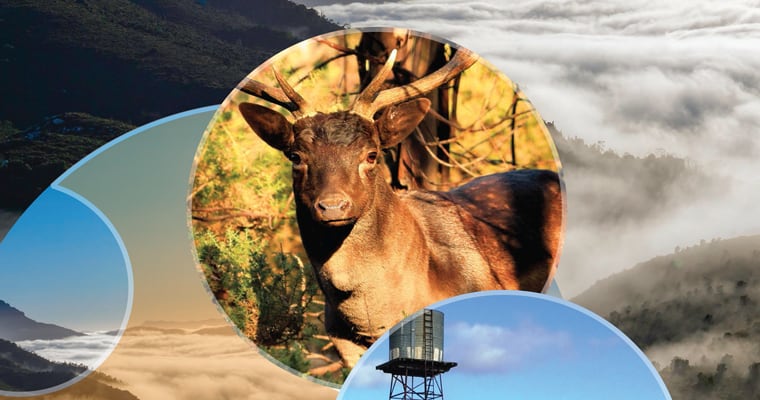JOINT MEDIA RELEASE
- Invasive Species Council
- Nature Conservation Council of NSW
- National Parks Association of NSW
Environment groups have praised the NSW Government’s new biosecurity framework as a tool for modernising the state’s approach to weeds, pests and feral animals but want more detail on how it will tackle the impacts of these threats on the environment.
“These new, stronger, simplified powers will greatly improve responses to damaging weeds, feral animals and exotic diseases,” Invasive Species Council CEO Andrew Cox said today.
“Specifically welcomed is the introduction of a ‘general biosecurity obligation’.
“Under these proposed new rules everybody will be required to avoid creating a biosecurity risk if they knew or would ‘reasonably’ be expected to know it would create a risk. For example a landholder would not be allowed to deliberately plant or fail to control a well-known damaging weed.
“This extends primary industry minister Katrina Hodgkinson’s commitment last year to managing feral animals based on the successful bushfire management model and implements key parts of the NSW Biosecurity Strategy.
CEO of the Nature Conservation Council of NSW Pepe Clark welcomed the proposed framework’s flexible approach but wants to see more details included in the proposed Biosecurity Act.
“Resolving the varied and complex threats posed by weeds, pests and feral animals needs some statutory certainty rather than relying entirely on regulations and guidelines,” he said.
“There needs to be a statutory role for community, farmer and local government representatives overseeing the implementation of the biosecurity regime, just as occurs through the NSW bushfire coordinating committee.
“The environment minister also needs a clear role for dealing with biosecurity threats to our natural environment and transparency must be guaranteed.
Kevin Evans, CEO of the National Parks Association of NSW, fears the proposed framework is missing specific information about how environmental weeds will be managed and how conflicts will be resolved.
“Important reforms proposed in draft Natural Resources Commission recommendations, such as the ‘permitted list’ approach that ensures plants nurseries only sell low risk or non-weedy plants, must be included in the biosecurity framework,” he said.
“Weed management is under review by the Natural Resources Commission with final recommendations to be released any time now.
“Conflicts of interest under the proposed framework are not transparently resolved nor required to protect the environment from biosecurity risks created by minor industry or recreational interests.
“For example, recreational deer hunting is given a high priority in NSW and overrides concerns about the growing environmental and agricultural damage deer create. A preventative approach to biosecurity would ensure this conflict is more fairly resolved.”
“There will also be conflicts when government is reluctant to spent funds to address a serious public biosecurity issue.
“Public information about the proposed framework could be improved by providing more examples showing how the new regime will apply to common environmental threats. Most examples relate to the regulation of threats to the agricultural sector.
More info
NSW draft biosecurity framework >> (submissions close 27 Jun 2014)
For comment
Andrew Cox , Invasive Species Council: 0438 588 040
Kevin Evans, National Parks Association of NSW: 0457 797 977
James Tremain, Nature Conservation Council of NSW: 0419 272 254









